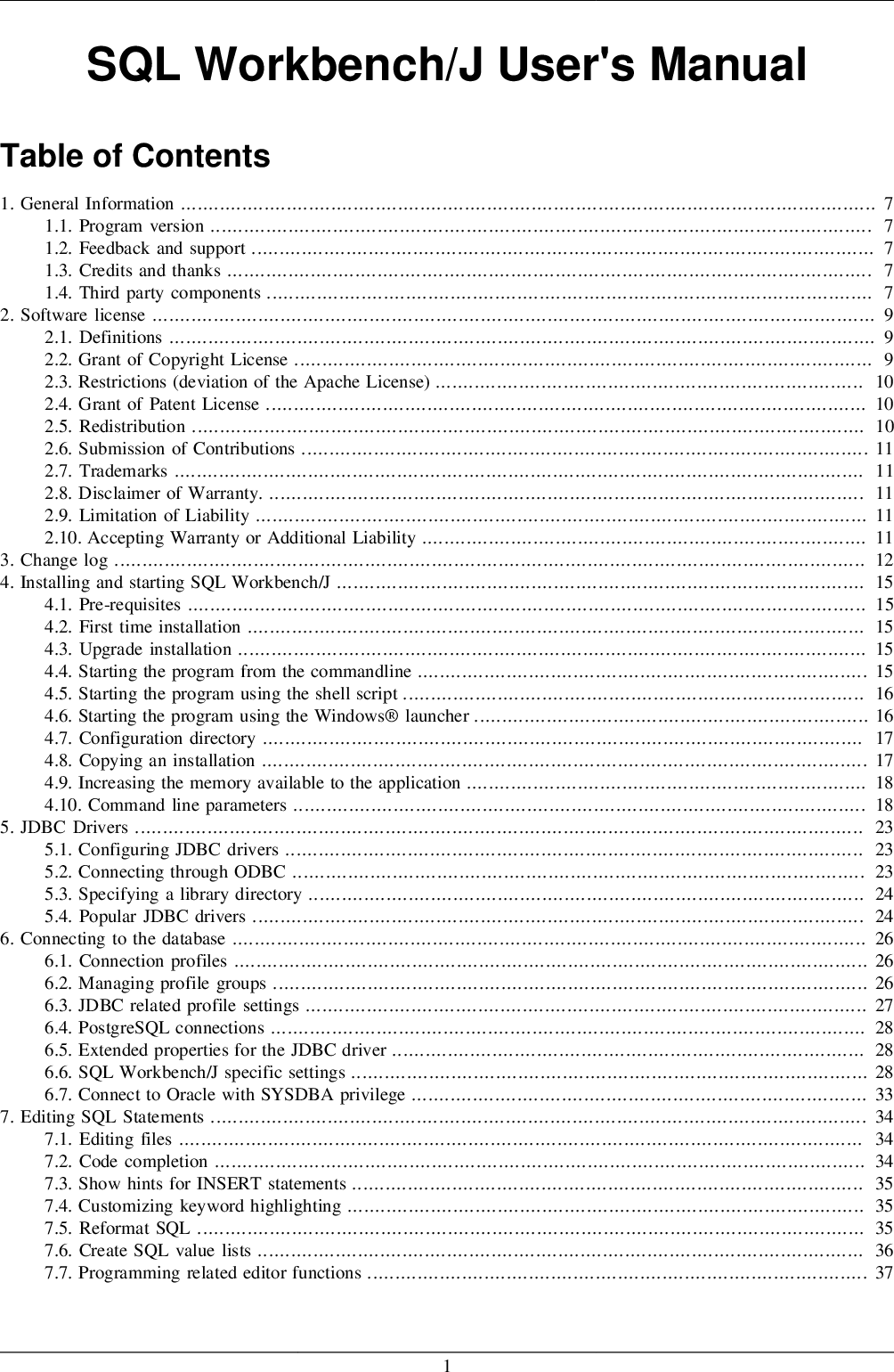Permanent employment is that for which a position is established and designed to provide services for less than the maximum number of hours applicable to that classification of positions. In order to be eligible for health insurance individual employees must be scheduled to work an average of 17.5 hours per week. For those classifications for which a full time schedule is considered 35 hours per week this period is 914 hours. For those classifications for which a full time schedule is considered 37.5 hours per week the period is 979 hours. For those classifications for which a full time schedule is considered 40 hours per week the period is 1044 hours.
For specific information regarding benefits for permanent part time employment, consult your collective bargaining unit contract and local Human Resources office. Employee benefits often depend specifically on weekly work hours. Part-time workers consistently show lower access rates to benefits than do full-time workers. Reporting only that an employee works full time or part time, however, may not always tell the entire story.
For instance, while 40 hours of work per week is often informally considered to be the definition of full-time employment, for many purposes full time has long been defined as 35 or more hours per week. Full-time employment often comes with benefits that are not typically offered to part-time, temporary, or flexible workers, such as annual leave, sick leave, and health insurance. Part-time jobs are mistakenly thought by some to not be careers. However, legislation exists to stop employers from discriminating against part-time workers so this should not be a factor when making decisions on career advancement. They generally pay more than part-time jobs per hour, and this is similarly discriminatory if the pay decision is based on part-time status as a primary factor. The Fair Labor Standards Act does not define full-time employment or part-time employment.
The definition by the employer can vary and is generally published in a company's Employee Handbook. Companies commonly require from 32 to 40 hours per week to be defined as full-time and therefore eligible for benefits. Data from the National Compensation Survey consistently show that part-time workers have lower access to benefits. The designation of a job as full time or part time in the NCS is based on whether the responding establishment reports the job as full time or part time rather than on actual hours worked. However, legal requirements for providing access to benefits often depend specifically on hours worked.
This article examines access rates to benefits—retirement, health insurance, and leave—based specifically on scheduled weekly hours. It also takes into account whether a person is employed in an industry where full-time or part-time work is more prevalent. The results show distinct variations in access rates in hour-specific categories. For workers overall, access rates for all benefits are greater in the higher hour industries by statistically significant margins . The differences in access rates between higher hour and lower hour industries range from 21 percentage points for retirement, to 26 points for vacation, to 31 points each for health, holiday, and sick leave. For full-time workers, benefit access is also greater across the two industry groups.
In this case the differences are less dramatic, however, ranging from 7 percentage points for vacation pay to 19 points for retirement benefits. For each of the selected benefits, the rates of access for part-time workers mirror the rates seen for employees working less than 30 hours per week. Similarly, access rates for full-time workers, as reported by employers and traditionally defined in the NCS, are almost identical to jobs in the 40-or-more-hours-per-week category. Permanent employment is that for which a position is established and designed to provide services for the maximum number of hours applicable to that classification of positions. Typical full time schedules in DDS are either 35, 37.5 or 40 hours per week dependant upon the specific conditions of the applicable collective bargaining agreement. The majority of full time positions in DDS direct care settings are established with 35 hour per week schedules.
Individuals employed in permanent full time positions are entitled to health insurance, retirement and leave benefits. All individuals appointed to permanent full time positions are required to complete an Initial Working Test Period (usually six months in length) in order to achieve permanent status in State Service. Entitlement to or use of certain benefits is restricted until this working test period or, in some cases, six months of employment has been completed.
For specific information regarding benefits for permanent full time employment, consult your collective bargaining unit contract and local Human Resources office. The Bureau of Labor Statistics uses data from the National Compensation Survey to calculate access rates for a variety of employee benefits. Estimates are produced across a broad range of job characteristics, including industry, occupation, and establishment size.
It is entirely up to an employer to come up with its own criteria as to how many hours an employee works a day or week or any other factors that make an employee part-time vs. full-time for that particular employer. However, if wages or wage benefits are involved, then the employer must clearly spell out in writing (policy, handbook, etc.) as to what it takes to be a full-time employee vs. being a part-time employee. This is especially important if an employer's part-time employees do not earn wage benefits such as, but not limited to, vacation pay , sick leave, and holiday pay, while its full-time employees can earn wage benefits.
Access to health insurance is similar across the two industry groups for the less-than-30 and 30–35-hours categories but is greater in the higher hour industries for both the 35–40 and the 40-or-more-hours categories. A comparison of figures 3 and 4 indicates that access rates to holiday pay and sick leave are greater for higher-hour industries for all of the hours-per-week categories. Table 2 lists the percentage of part-time jobs by major industrial sector.
Table 3 shows the benefits access rates for the scheduled work-hours categories in lower hour industries. Access rates for the less-than-30-hours category are similar to access rates for part-time jobs, and access rates in the 40-or-more-hours category are similar to access rates for full-time jobs. Certain states and local jurisdictions require employers to provide paid sick leave to employees.
These laws typically require the employee to work in the jurisdiction for a minimum number of hours to be eligible for sick leave. In most cases, the threshold is set low enough that many part-time employees satisfy this requirement. Employers decide how many hours per week is full-time and part-time, and what the differences will be. Part-time employees are usually offered limited benefits and health care. For example, a part-time employee may not be eligible for paid time off, healthcare coverage, or paid sick leave.
Figures 1 through 5 give a visual representation of how access rates to retirement, health, and leave benefits vary depending upon scheduled weekly hours as well as by employment in higher or lower hour industries . In particular, these figures help illustrate changes in access to benefits that a worker might face as a result of a reduction of weekly work hours. Alex Robinson, General Manager at Team Building Hero, now offers employees the option of a condensed work week, asking most workers to put in 8-hour days four days per week. The company, which provides team-building activities for other businesses, has six full-time employees now, but Robinson says the policy grew out of bringing on part-time workers and independent contractors. Part-time employees typically work fewer than 36 hours a week and often have a more flexible schedule. Although they may work 40-hour weeks,seasonal employeesthat only work portions of the year are considered part-timers.
Part-time workers are generally not entitled to employee benefits. Generally, an FTE is a way to express a part-time workforce in terms of full-time employment. This calculation is sometimes done by taking the number of total hours worked by all part-time employees and dividing by the number of hours that are considered to be a full-time schedule. For example, if an employer has 10 employees who work 20 hours per week and considers 40 hours a full-time schedule, this would equate to 5 FTEs.
Is Working 36 Hours A Week Considered Full Time Keep in my mind that some laws, including the ACA, require employers to use specific calculations to determine the number of FTEs. The ACA requires that employers add all the hours worked by part-time employees in a month and divide by 120. This means that part time workers may not get overtime pay until they have worked over the normal hours of a full time worker as established by custom and practice in that workplace. A notable difference across the two industry groups pertains to access to sick leave benefits . In higher hour industries, the access rate for sick leave in the 35–40 hour category is 36 percentage points higher than in the 30–35 hour category . Now consider the shift from the 30–35-hour category to the less-than-30-hours category.
In the higher hour industries, there is a 12-percentage-point difference between these categories , representing a 27-percent drop in access. In contrast, the 16- percentage-point difference between these categories in the lower hour industries represents a 50-percent drop in access to sick leave. Higher hour industries refers to the remainder of private industry once the lower hour industries (accommodation and food services; arts, entertainment, and recreation; and retail trade) have been excluded. Table 4 shows the benefit access rates for the higher-hour-industries group. For each of the three leave benefits considered , the 30–35 hours category is found to be both higher than the less-than-30-hours category and substantially below the 35–40-hours-per-week category. For paid holidays and paid vacation benefits, the access rates are slightly higher for those working 40 or more hours per week than for those working 35–40 hours per week.
Neither the minimum wage section nor any other part of the FLSA requires employers to pay employees for time off, such as vacation, holidays, or sick days. Although most employers provide full-time workers some paid time off each year, the FLSA covers payment only for time spent at work. Understanding what constitutes a full-time employee has ramifications on an employee's eligibility for various company benefits. There is a lot of confusion about what constitutes full-time employment because the Department of Labor doesn't specify the number of hours required. The Internal Revenue Service only offers a guideline for specific programs such as health care. In general, 30 or more hours is considered full-time employment, but this is contingent on company and state policy.
Larger employers, with 50 employees or more full-time employees are required to offer healthcare benefits to those workers working at least 30 hours a week, or at least 130 hours a month, or pay a tax penalty. For smaller employers, with 50 employees or less, offering health benefits is left up to the employer. The definitions of full-time and part-time can vary depending on law and policy. Most employers determine full-time status based on business needs and typically consider an employee to be full-time if they work anywhere from 32 to 40 or more hours per week. However, certain laws define full-time differently, such as the Affordable Care Act , which considers full-time as working, on average, at least 30 hours per week.
Regardless of your company's definition of full-time status, coverage under various employment laws is based on the definition provided in the law. Part-time workers may occasionally end up working overtime, or more than 40 hours, in a week. This might happen when a business is at the height of its busiest season, a full-time employee is unable to work, or some other circumstance changes.
Part-time worker overtime is governed by the FLSA rules on exempt and non-exempt employees. Most likely you will be required to pay a part-time worker overtime, but be sure to review the rules. In truth, there is no legal definition of full-time employment; this depends on your employer and company policy. The only exception is that which falls under the Affordable Care Act for health coverage purposes.
There is no legally defined number of hours for full time employment, where individual employers can decide how many hours per week are to be considered full time. The hours that workers are expected to work will usually be set out in the company working hours policy and/or within individual contracts of employment. With the introduction of the Affordable Care Act , the definition of a full-time employee has been prescribed as a worker who spends an average of 30 or more hours per week on the job. Employers with 50 or more employees are required to offer health care to full-time employees under the ACA. With the exception of retirement benefits, access rates for the 30–35-hours-per-week category were found to be consistently higher than access rates for the less-than-30-hours category.
Moreover, the 30–35-hours-per-week category was also found to have substantially lower access rates than the 35–40-hours-per-week category for all of the benefits considered. Full-time and part-time workers should have equal access to pension schemes. Other company benefits, like company cars, employee discounts and health insurance, should be given pro rata if possible. If this is not possible, your employer will have to decide whether to offer the benefit to everybody.
Under California labor laws, non-exempt employees shall not work more than eight hours in any workday or more than 40 hours in any workweek unless they are compensated with overtime pay. Because employers must adhere to benefit requirements such as health care, the Internal Revenue Service serves as a primary guide for the minimum requirements of full-time status. If an employee works, on average, more than 30 hours per week or more than 130 hours per month, this is considered full-time by IRS guidelines.
Even though laws are loose and nebulous, misclassification of workers can cause many legal problems for employers. Companies that offer things like paid-time off, health care, and pension must be careful to be consistent in how they dole out these benefits to avoid accusations of discrimination or unfair labor practices. Employers who deliberately misclassify workers can be subject to many thousands of dollars in penalties and fines, which can include back wages and employment taxes and can be levied by both the IRS and the DOL.
As an example, Texas defines anyone who works 32 hours a week as a full-time worker if that employee's schedule is comparable to other workers in the same company or other workers in the area who are designated as full-time. As such, if you work 32 hours per week in Texas, you're legally considered full-time. Many employers now consider employees as full-time when they work fewer hours (i.e., over 30 hours, 35 hours, or 37.5 hours). Under the ACA, employees who work 30 or more hours per week are entitled to health insurance; however, beyond that, companies may set whatever standard they like for full-time compensation and other benefits. In the United States a full-time employee is commonly considered any employee who works a minimum of 36 hours per week, but employers have latitude in defining full-time employment. Be sure you understand the laws in your state about full-time employment.
For health insurance, the access rate for employees in lower hour industries working 30–35 hours per week is 20 percentage points greater than the under-30 category. The access rate for the 35–40-hours category is 18 points higher than that of the 30–35-hours category, while the 40-or-more-hours category is 12 points higher than the 35–40 category. And, finally, some employees may be partially exempt from the Act's overtime pay requirements.
The most common of this hybrid type is an employee who works in a hospital or residential care establishment who agrees to work a 14-day work period. However, these employees must be paid overtime premium pay for all hours worked over eight in a day or 80 in the 14-day work period, whichever is the greater number of overtime hours. However, some state laws mandate that employees get paid time off for jury duty, voting, and family and medical leave.
A few states and local governments require employees to be paid for sick days or certain types of family leave, either by the employer or from a state fund. And many state laws provide that if employers offer paid vacation days off, employees are entitled to be paid for the portion they have already earned when they quit or are fired. The terms 'part-time' and 'full-time' can be especially confusing. In the state of Florida, there is actually no legally mandated meaning of these terms. Laws that deal with part-time or full-time workers typically do so by specifying how many hours an employee must work to be covered by the corresponding legislation. Working 40 hours a week has become common for many full-time employees.
Employees who work a standard 40-hour workweek tend to receive benefits and other work perks from their employers. Notwithstanding the provisions of subsection 3.2., the definition of Regular Full-Time Employees shall include those employees who work a predetermined work schedule amounting to thirty-six hours per week. This would only include employees working twelve -hour shifts on Friday, Saturday and Sunday or Saturday, Sunday and Monday. These employees shall receive such benefits as regular full-time employees. Full-time employees are often more likely to be provided with benefits, including a pension, health insurance, paid vacation, and sick time, which are not offered to part-time employees. Besides reducing earnings, a decrease in weekly hours is likely to affect access to employee benefits.
The Fair Labor Standards Act states that any work over 40 hours in a 168 hour period is counted as overtime, since the average American work week is 40 hours - that's eight hours per day for five days a week. However, many employees work unusual shifts and go above and beyond this standard, putting in more than the average 40 hours. These are a few things you should know about hours and overtime labor laws. Part-time workers must get at least the same hourly pay rate as a full-timer doing a similar job. If you're a part-timer, your employer can set the same hours threshold for enhanced overtime pay as for full timers, so you might not get overtime pay until you've worked more than the normal hours of a full-time worker. Voluntary benefits include participation in retirement programs, vacation leave and sick leave.






























No comments:
Post a Comment
Note: Only a member of this blog may post a comment.